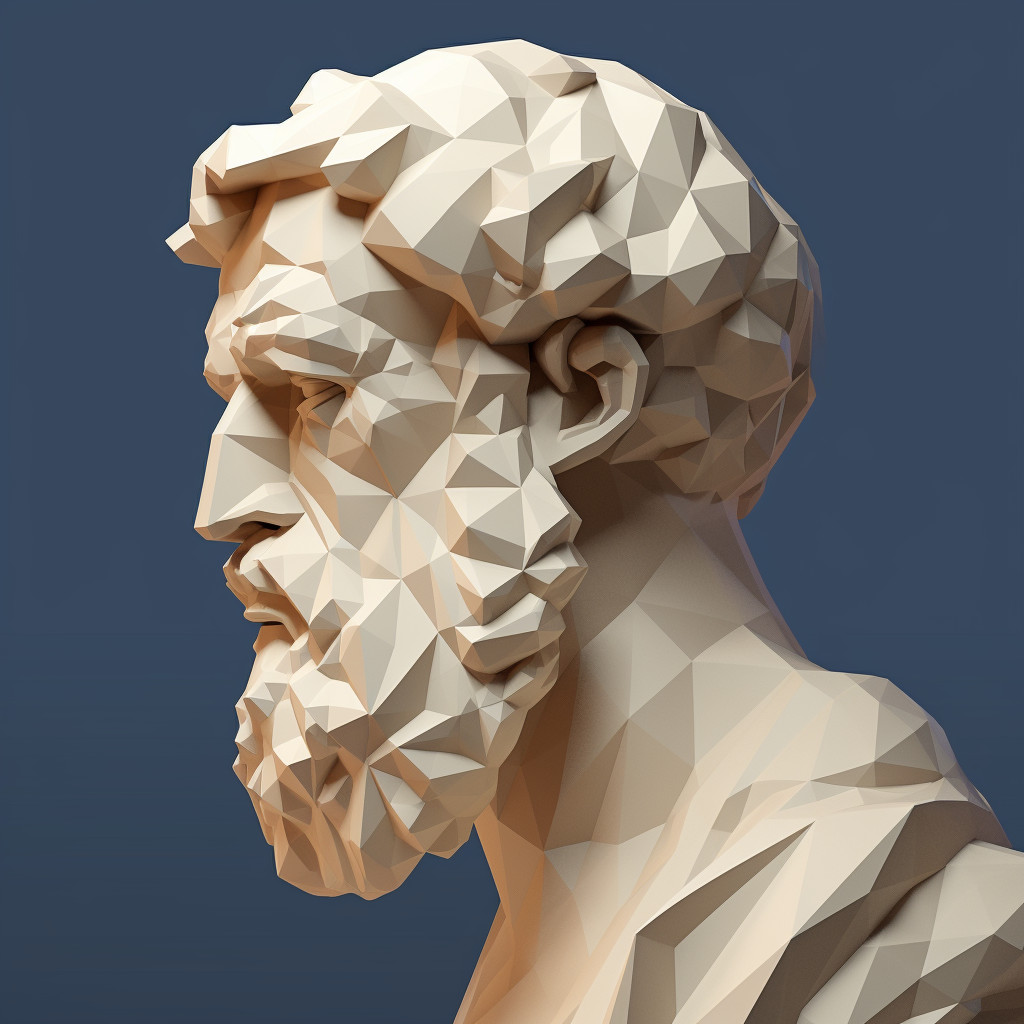Aristotle’s quote, “Therefore, even the lover of myth is a philosopher; for myth is composed of wonder,” signifies that anyone who appreciates myths, stories, or narratives that explain the universe and human nature, is essentially a philosopher. This is because, at their core, myths are filled with wonder, curiosity, and questions about the world, which are the same elements that form the basis of philosophy.
Myths often deal with profound questions about life, existence, morality, and the universe, much like philosophy. They are narratives that humans have constructed to make sense of the world around them, to answer questions that seem unanswerable. In this sense, a myth is a form of philosophy because it represents human attempts to understand the world. Therefore, someone who loves myths is also someone who loves pondering these deep questions, making them a philosopher in their own right.
Applying this idea to today’s world or personal development, we can say that being open to wonder and curiosity—like a lover of myth or a philosopher—can lead to a deeper understanding of the world and oneself. Today, this can be seen in our engagement with various forms of storytelling, be it movies, books, or even video games. These narratives often contain elements of myth, posing philosophical questions about humanity and the universe.
In terms of personal development, embracing the sense of wonder and curiosity found in myths can lead to a more profound understanding of oneself and one’s place in the world. It can encourage critical thinking, empathy, and open-mindedness. For instance, by questioning the ‘myths’ we live by—our beliefs, values, and assumptions—we can gain insights into our behavior and motivations, leading to personal growth and transformation. In a broader sense, this quote suggests that philosophy is not confined to academic circles but is a part of everyday life.










